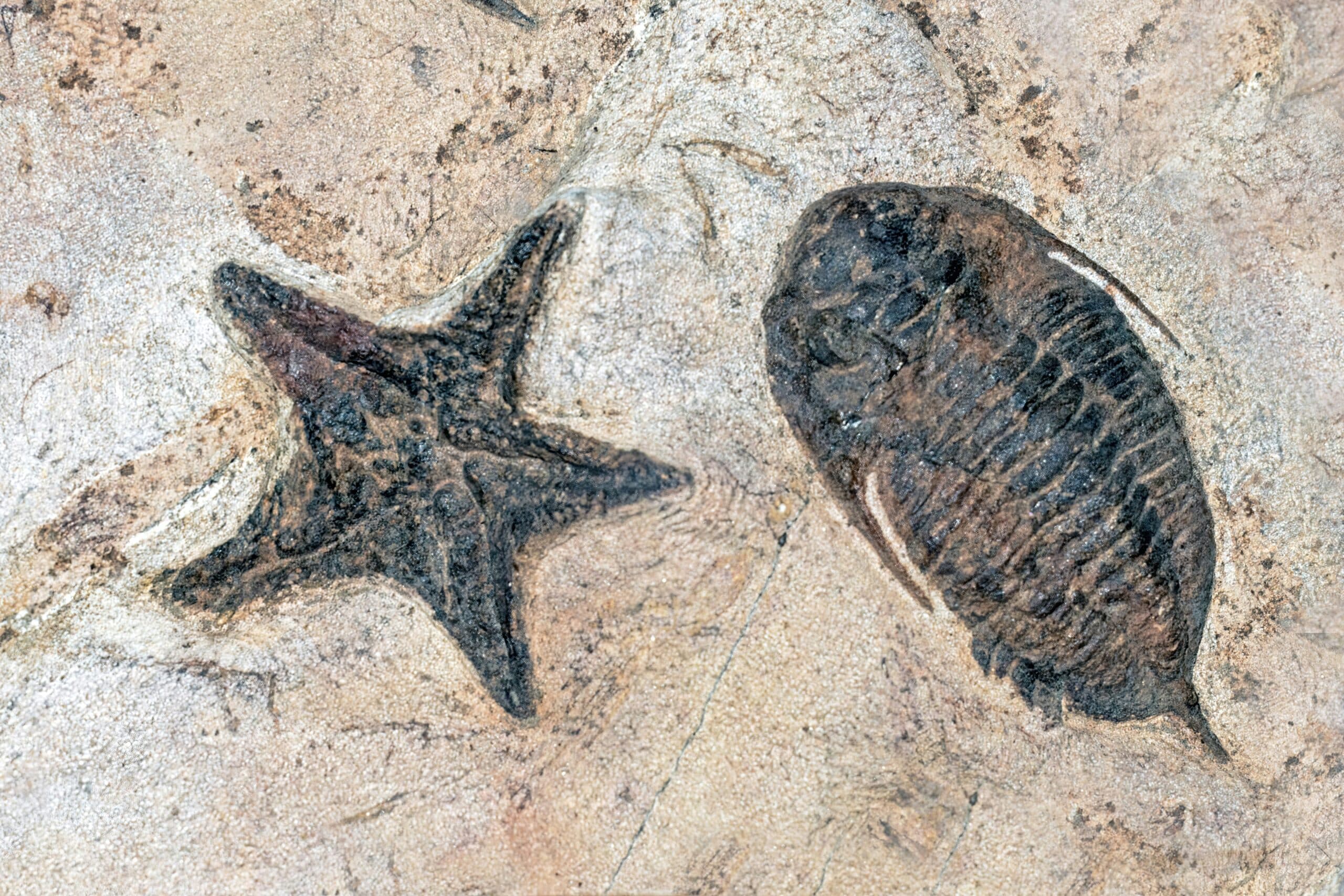
Episode #22
Speeding Up Your Keto-Adaptation Period and Using The Ketogenic Diet Effectively
When you start a ketogenic diet for the first time, your cells have to learn how to turn fat into ketones, and then use those ketones for fuel. This process is called keto-adaptation or fat-adaptation. During keto-adaptation, your metabolism stops what it’s been doing for years — burning glucose and storing fat — and starts […]
Guest
Chris Irvin

When you start a ketogenic diet for the first time, your cells have to learn how to turn fat into ketones, and then use those ketones for fuel.
This process is called keto-adaptation or fat-adaptation.
During keto-adaptation, your metabolism stops what it’s been doing for years — burning glucose and storing fat — and starts doing the opposite — burning fat for energy and storing glucose.
This fundamental change on how your cells use energy can take some time and cause flu-like side effects while your body is adapting, such as brain fog, fatigue, muscle cramps, and weakness, also known as the keto flu.
Although these symptoms are normal for some people and go away once you’re fat-adapted, most beginners don’t know how to deal with them, so a lot of them get discouraged, decide keto isn’t working for them, and stop following a ketogenic diet before they even get the chance of enjoying the energy, cognitive, and weight management benefits of ketosis.
The truth is you can’t ever feel great on a ketogenic diet until your body is actually in ketosis (effectively using fat for fuel), and you must go through this keto-adaptation to get there.
The biggest reason why a lot of people think that a ketogenic diet is bad for muscle gain or it’s bad for strength and performance is because they’re not allowing for keto-adaptation. Share on XThat’s why today I’m chatting with ketosis researcher Chris Irvin about how to make your keto-adaptation as smooth as possible.
There are multiple strategies that can speed up your transition to ketosis — such as taking exogenous ketones and eating nutrient-dense fats — and Chris knows them well because he has a background in sports and nutrition since and has conducted ketosis research himself alongside the famous professor, doctor, and researcher Dominic D’Agostino at his lab in South Florida.
Thanks to his research, he’s seen how a ketogenic diet can improve multiple areas of your health beyond fat loss, so in this episode he explains how to use ketosis for health goals such as athletic performance, disease prevention, and better cognition.
Tune in to learn how to start the keto diet on the right foot and how to get the most benefits out of it. In this episode, we go over
- What to expect when you go through keto-adaptation for the first time
- How beginners can enhance and speed up their keto-adaptation process
- Common mistakes that make your keto-adaptation feel worse (and how to prevent them)
- Metabolic conditions that make it hard to become fat-adapted
- How to use exogenous ketones when you’re trying to become keto-adapted
- The truth about exogenous ketones and fat loss
- The crucial difference between producing ketones and burning ketones
- What happens when you finally become fat-adapted
- How to use the ketogenic diet to prevent inflammatory and neurodegenerative diseases
- How ketosis improves mitochondrial function
- Can you build muscle on the ketogenic diet?
- Why you shouldn’t fear protein consumption on keto
- How gluconeogenesis really works
- The fundamental difference between Atkins and the ketogenic diet
- Why you shouldn’t obsess about ketone levels (and focus on how you feel instead)
- Plant-based fats vs animal fats
- Why fruits aren’t as healthy as everyone thinks
- Why you shouldn’t eat only lean protein
- Should you be in ketosis long-term? Do you ever need to stop?
- Why you should base your food choices on your health goals
- Why you should be flexible with keto when you go on vacation
- Chris’ personal health goals (and what he eats to reach them)
- The supplements Chris takes
- How Chris began researching the effects of ketosis on health and performance
If you enjoyed this episode, subscribe to the Keto Answers Podcast on iTunes to get automatic updates. Use Android? Click here to subscribe on Stitcher and here to subscribe on Google Play Music.
Mentioned in This Episode
- Chris’ website, The Ketologist
- Chris’s Instagram
- Tripping over the Truth by Travis Christofferson
- Perfect Keto Exogenous Ketones
- Perfect Keto MCT oil
More Resources
- “Fat Adapted”: The Beginner’s Guide to Fat Adaption on Keto
- The Dreaded Keto Flu: Why It Happens (And How to Cure It)
- Why Supplement with Exogenous Ketones?
- Why Ketones (and Ketosis) Can Cause Stomach Pain
- How to Exercise When You’re in Ketosis







